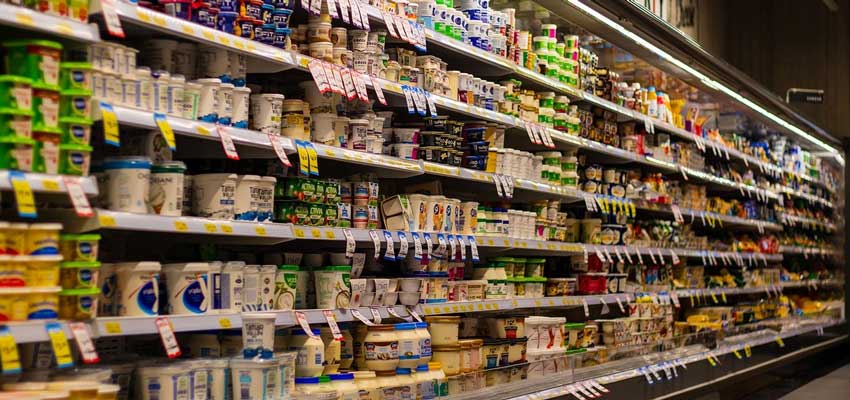On December 14, 2019, the new harmonized rules in the EU on official controls along the agri-food chain entered into force, in order to prevent, eliminate and reduce the level of risk to people and animals. These new rules contain a set of measures to strengthen food inspections throughout the entire supply chain, from the producer to the final consumer.
Some of them are the organization of official controls, sampling and analysis, crisis management, assistance and cooperation between Administrations, control plans, audits, enforcement measures for breaches and penalties, among others, specifically addressing the fight against fraud Food and electronic food trade control.
These official controls, carried out by the competent authorities of each Member State, are used to verify whether these rules are applied correctly. Thus, since December 14, 2019, the following Regulations regarding official controls are directly applicable in all EU Member States:
- Regulation (EC) No. 2017/625 regarding controls and other official activities carried out to ensure the application of food and feed legislation and standards on animal health and welfare, plant health and plant protection products
- Delegated Regulation (EU) No 2019/624 relative to specific rules regarding the realization of official controls on meat production and regarding the production and reinstallation areas of live bivalve molluscs.
- Implementing Regulation (EU) No 2019/627 laying down uniform practical provisions for carrying out official controls of products of animal origin intended for human consumption.
Among the most outstanding developments in these standards is the extension of the scope to the entire agri-food chain, which covers all activities from the production of plants and animals to the manufacture and supply of food products, including those that take place on farms agricultural, as well as in the transformation and distribution of products to consumers.
The rules of the agri-food chain also include the safety and quality of food and feed, plant health, animal health and welfare. They also include import controls to the European Union from third countries, increased transparency of official control activities carried out by competent authorities and more specific rules to address fraud, including the obligation of Member States to carry out Checks regularly, with a certain frequency and based on risk.
Author: Dra. Isabel Gómez

 Contact
Contact

 Contact
Contact Career
Career